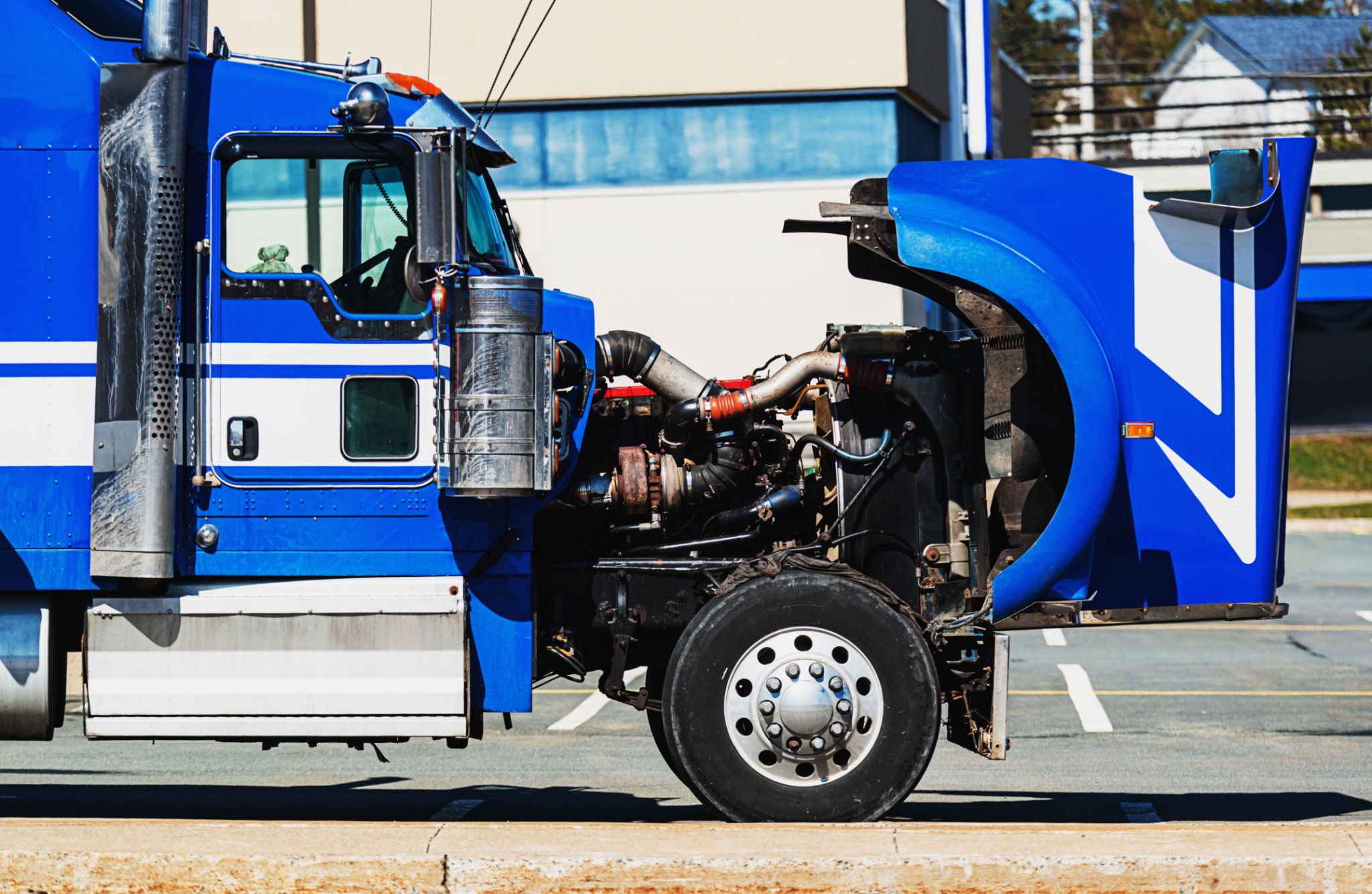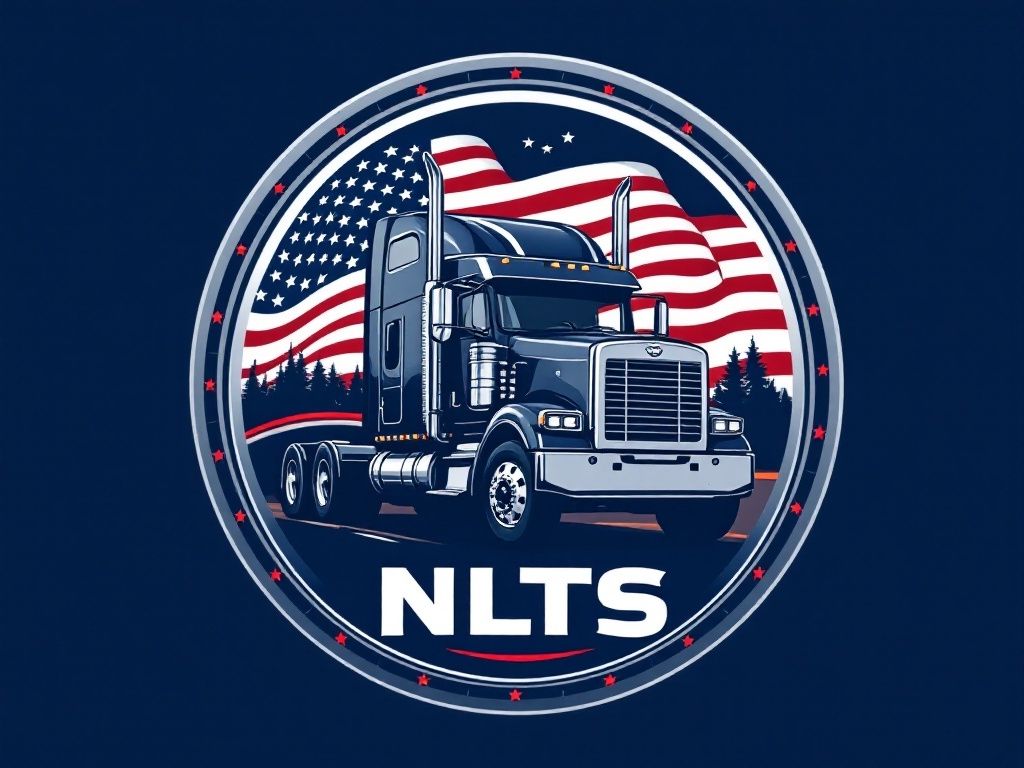Navigating Trucking Regulations in Georgia: What You Need to Know
Understanding Georgia's Trucking Regulations
Georgia's trucking industry plays a crucial role in the state's economy, but navigating the complex web of regulations can be daunting for both new and experienced trucking companies. Understanding these regulations is essential for maintaining compliance and ensuring the safety of your operations.

Key Regulatory Bodies
The first step in understanding trucking regulations in Georgia is identifying the key regulatory bodies. The Federal Motor Carrier Safety Administration (FMCSA) oversees interstate trucking regulations, while the Georgia Department of Public Safety (DPS) has jurisdiction over intrastate trucking. Both bodies set standards to ensure safe and efficient transportation.
Trucking companies must comply with FMCSA regulations concerning driver qualifications, vehicle maintenance, and hours of service. Meanwhile, the Georgia DPS enforces state-specific rules that may affect how you operate within the state's borders.
Driver Requirements and Qualifications
One of the most critical aspects of trucking regulations is ensuring that drivers meet specific qualifications. In Georgia, drivers must possess a valid Commercial Driver's License (CDL) appropriate for the type of vehicle they operate. Additionally, drivers must pass medical examinations to ensure they are physically fit for the demands of the job.

Employers are responsible for conducting background checks and ensuring their drivers have a clean driving record. Keeping detailed records of training and compliance helps protect your company from potential legal issues.
Vehicle Safety Standards
Maintaining your fleet's safety and compliance with vehicle standards is another essential aspect of Georgia's trucking regulations. Regular inspections and maintenance checks are required to ensure that all vehicles meet safety standards. This includes checking brakes, lights, tires, and other critical components.
Georgia also mandates specific equipment requirements such as reflective tape for visibility and fire extinguishers on board. Keeping up with these standards helps prevent accidents and ensures that your fleet operates smoothly.

Hours of Service Regulations
The hours of service regulations are designed to prevent fatigued driving among truck drivers. These rules dictate how long drivers can be on the road before taking mandatory breaks. The FMCSA sets these guidelines, but it is crucial for Georgia-based companies to stay informed about any state-specific nuances.
Implementing electronic logging devices (ELDs) can help companies monitor compliance with hours of service regulations. These devices track driving hours automatically and can be invaluable in demonstrating compliance during inspections.
Navigating State-Specific Regulations
While many regulations are governed at the federal level, Georgia imposes additional requirements on trucking operations within its borders. For example, weight limits on state roads may differ from federal guidelines, and special permits might be needed for oversized loads.
Staying informed about these state-specific rules can help avoid fines and ensure your operations remain uninterrupted. Regularly reviewing updates from the Georgia DPS website is a good practice for maintaining compliance.
The Importance of Compliance
Navigating trucking regulations in Georgia requires diligence and attention to detail. Compliance not only protects your business from fines and legal issues but also ensures the safety of your drivers and the public. Developing a comprehensive compliance strategy is an essential step towards achieving success in the trucking industry.

Conclusion
In conclusion, understanding and adhering to trucking regulations in Georgia involves recognizing the roles of federal and state authorities, meeting driver qualifications, maintaining vehicle standards, and complying with hours of service rules. By implementing a robust compliance framework, trucking companies can operate efficiently and safely within the state.
